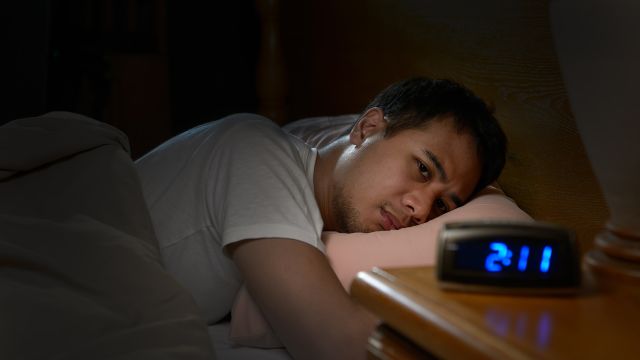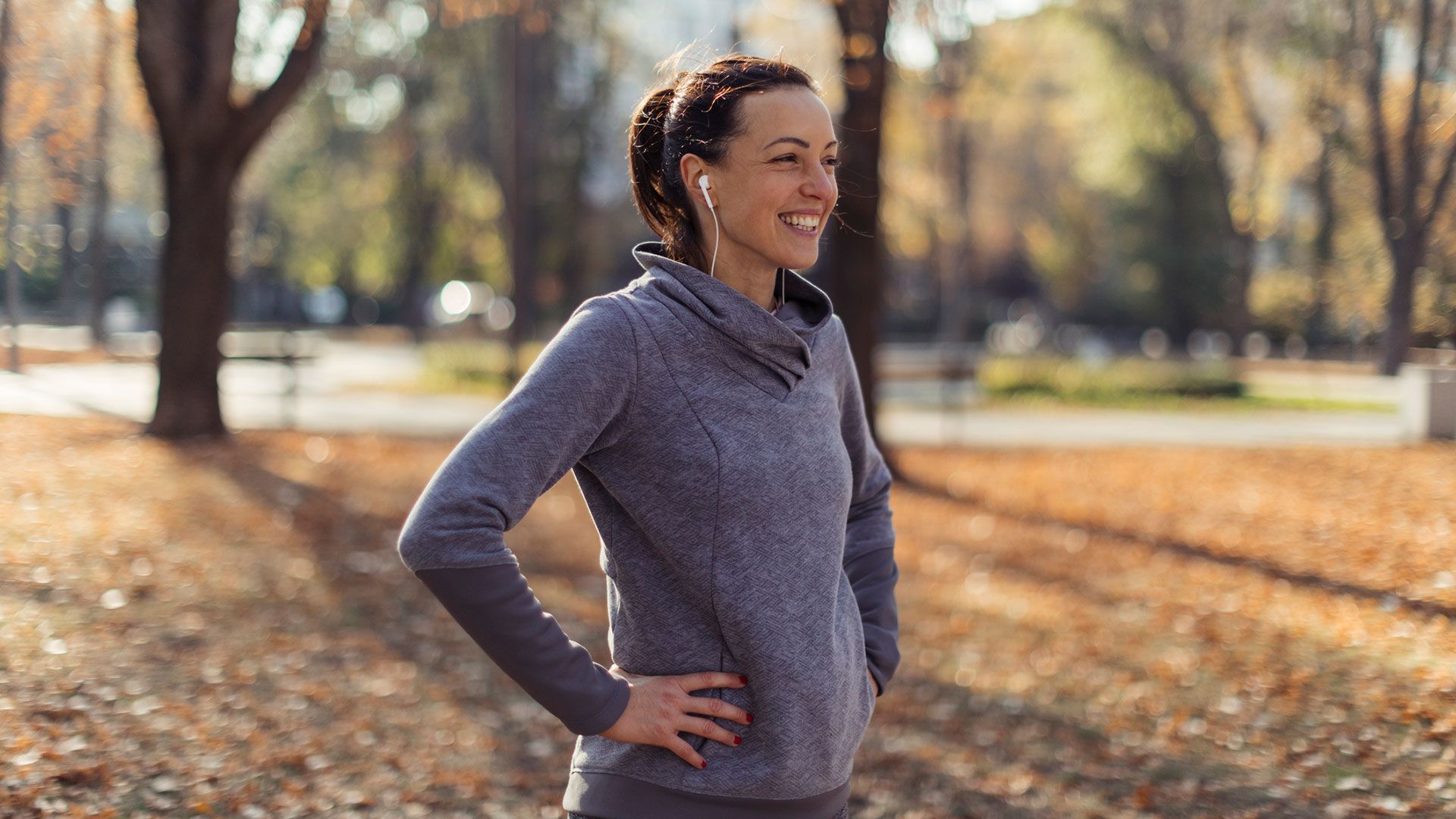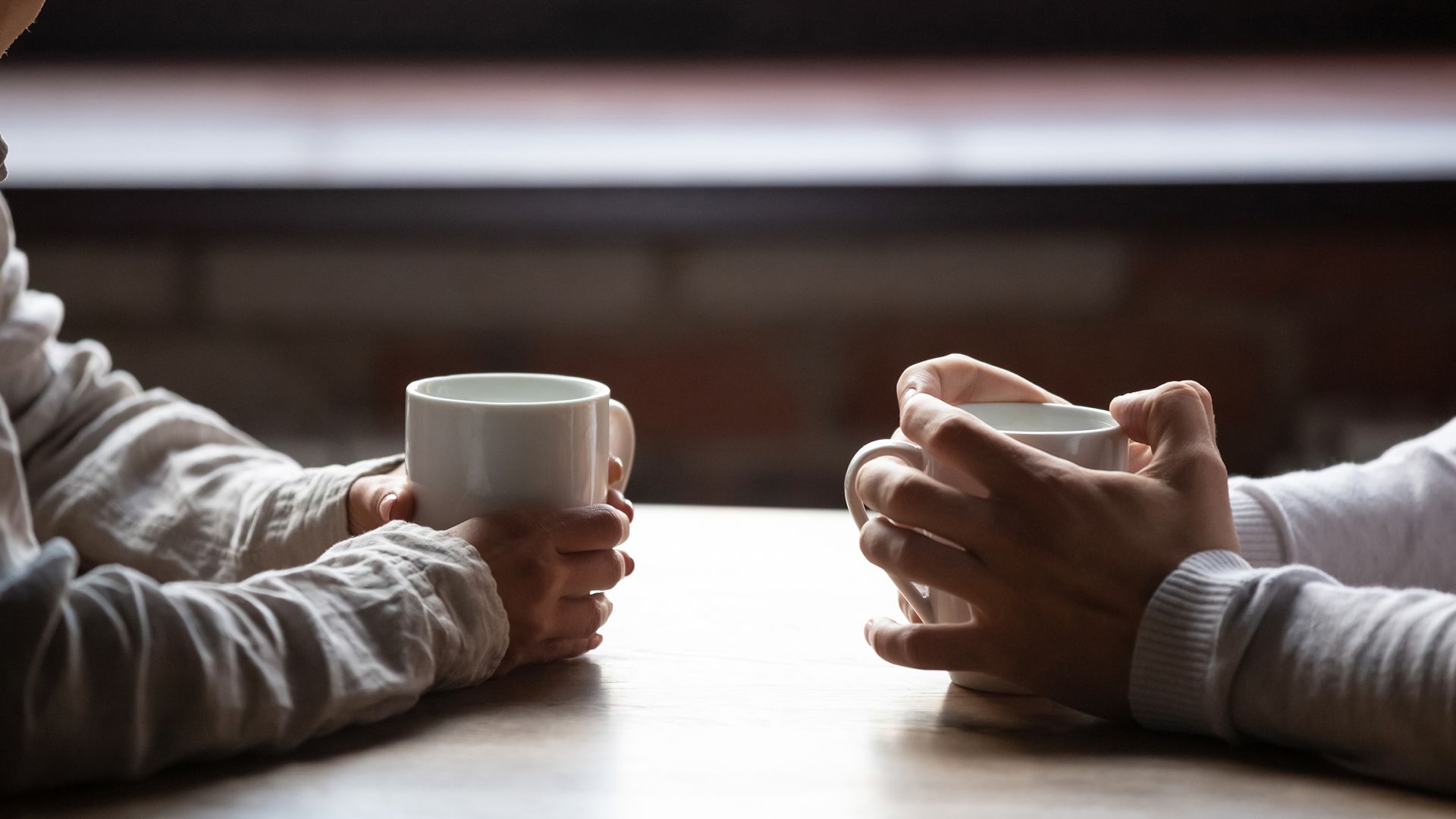Updated on April 18, 2022
Everyone experiences stress from time to time—some more than others. Some people also develop anxiety. The terms are often used interchangeably but they’re different. Stress is caused by an external trigger, such as work pressure, life demands or financial strain. Anxiety differs in that it often comes from within. It may be a reaction to stress, but anxiety lingers even when the external trigger is removed.
Stress and anxiety often cause similar symptoms, including muscle pain, irritability, fatigue—and trouble sleeping.
Troubling thoughts and worries can make it more difficult to fall or stay asleep. Anxiety worsens tensions and makes people more alert, which can interfere with sleep. Similarly, stress can also keep the body more awake and alert.
Over time, sleep loss can have serious health consequences and even contribute to anxiety. In fact, chronic insomnia is linked to an increased risk for mood disorders, including depression or anxiety.
Understanding this two-way relationship and taking steps to ease stress and anxiety—while prioritizing quality sleep can help protect your mental and physical health and well-being, according to family practitioner Barbra Alvir, DO, of Saint Joseph Mercy Health System in Farmington Hills, Michigan.
When anxiety interferes with daily life
Anxiety is a normal response to stress that just about everyone experiences. It's part of what motivates people to strive for goals, get work done and do hard things. Anxiety becomes a problem, however, when it takes over. When it becomes so debilitating that you can't think past it, and you wake up in the middle of the night already worried about the next day.
Anxiety and sleep are intertwined, according to Dr. Alvir. “I have a lot of patients with insomnia and anxiety, and a lot of them tell me they just can’t get their minds to shut down,” she says. And obviously, if you’re worrying about things all the time, it’s hard to get sleep. “On the flip side, when you can’t sleep, you’re more likely to be stressed.”
“Normally, when you’re sleeping, your brain is able to take a break, your heart rate slows and it’s almost like your body resets,” Alvir adds. “If you don’t allow that, it’s even harder to deal with daily stress.”
Manage anxiety to promote better sleep
Taking steps to ease anxiety can help improve sleep. The opposite is also true: Prioritizing quality sleep can help turn down the anxiety dial.
Strategies shown to help reduce stress and anxiety include:
Getting regular exercise: Regular exercise provides a variety of benefits, but when it comes to anxiety, it can help you release your frustrations. Working out also releases endorphins—hormones that can boost your mood. Alvir says yoga is one of the best ways to relax. Ideally, most adults should get at least 150 minutes of moderate physical activity, like brisk walking or biking, each week. But all movement counts. If that goal seems unattainable, start by just moving more and sitting less.
Try meditating: Spend time during the day and before bed sitting quietly and focusing on your breath. Simply breathe in and breathe out while thinking about a peaceful place or setting, like the beach at sunset.
Make a to-do list: Organize your thoughts by creating a to-do list and prioritizing what needs to be done by when. This alone can help alleviate the anxiety you may feel that you’ll forget something important. Break up larger tasks into smaller steps to avoid feeling overwhelmed.
Talk to someone you trust: Talking to a family member, friend or therapist can leave you feeling calmer. You may even gain a new perspective on what’s troubling you.
Additional steps you can take to sleep more soundly:
Keep a schedule: It’s important to keep your sleep and wake times the same (even on weekends) to regulate your circadian rhythm.
Nap wisely: Short naps—in moderation—can actually boost your mood, performance and alertness. But long naps or naps that occur too late in the day, can leave you feeling groggy or wide awake when it’s time to sleep. If you do nap, keep it short, or no more than 30 minutes, and make sure it's early in the day.
Experiment with noise machines: City traffic and other loud noises may keep you from falling asleep—and may wake you in the night once you do fall asleep. Alvir recommends that you try white noise machines or apps, devices that play calming sounds, such as flowing streams, to help drown out the disturbances.
Avoid stimulants late in the day: Stimulants like coffee, nicotine and technology use can activate your brain and keep you up at night, Alvir says. Avoid caffeinated beverages after about 2 p.m., or six hours before you plan to go to sleep. And power down your devices at least one hour before bedtime. Also stay away from alcohol, which may make you sleepy initially, but can interfere with sleep quality and wake you up throughout the night.
Try not to work or watch TV in bed: “Avoid things like working in the bedroom,” says Alvir. If you’re unable to fall asleep within 15 minutes, head to a different room to read until you feel tired.
Keep your bedroom cool and dark: It’s easier to fall asleep—and stay asleep—if your bedroom is cool and free of light. Set your thermostat somewhere between 60 and 67 degrees. Get shades or curtains that black out light from outside.
When to seek help
If you’re having trouble managing anxiety-induced insomnia on your own, talk to a healthcare provider (HCP) about treatment options that could help. Insomnia may also be a sign of an underlying health issue or sleep disorder that requires treatment.






